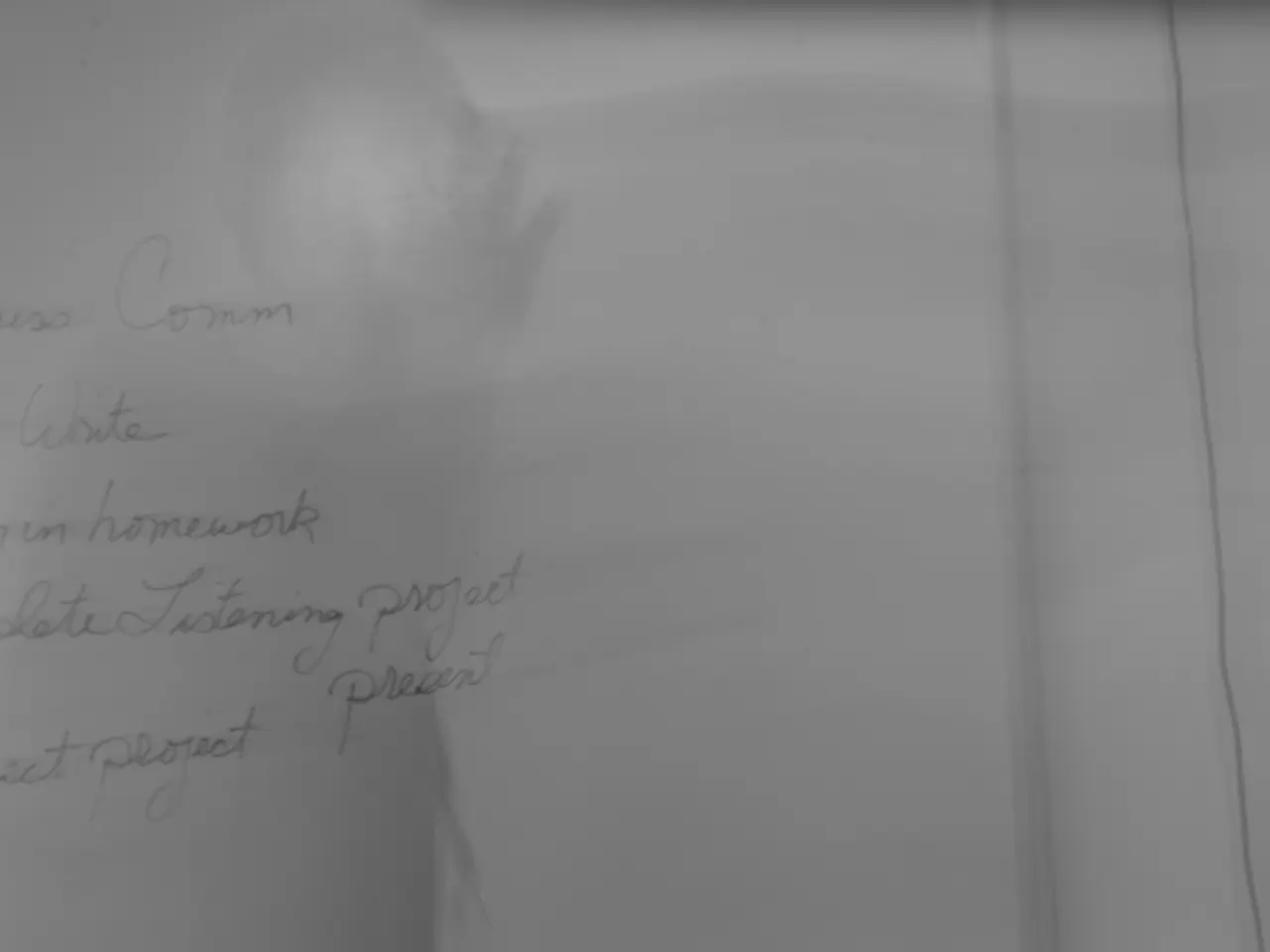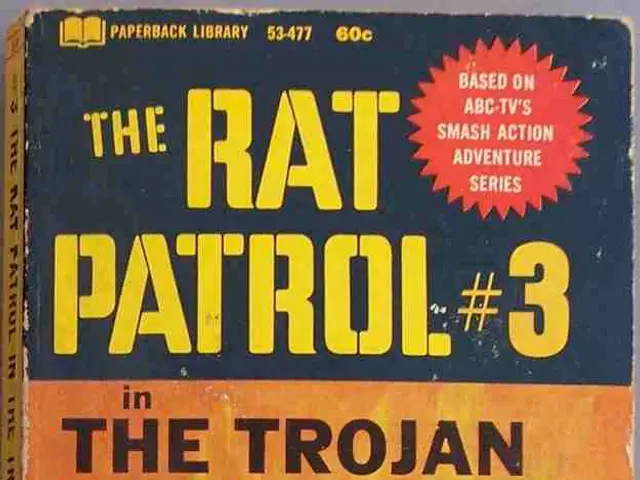Russia faces potential sanctions from the EU, with the Union's chief diplomat advocating firm resistance and urging no concessions to Moscow.
The ongoing conflict in Ukraine remains a pressing issue for the European Union (EU), Ukraine, and NATO. Here's a rundown of the current positions held by these key players.
The European Union is preparing to finalize its 19th sanctions package against Russia by September 2025. This move is part of the EU's strategy to continue putting pressure on Russia in response to the conflict in Ukraine. The EU also supports Ukraine’s territorial integrity and advocates for a ceasefire, although it remains cautious about compromises that may undermine Ukraine's sovereignty [5][2].
Ukraine, on the other hand, is demanding robust security guarantees from the United States and Europe. This includes extensive arms deals as part of broader peace negotiations. Ukraine rejects territorial concessions and supports direct negotiations with Russia to resolve the conflict [1][3][4].
NATO is supporting Ukraine with security assurances short of formal membership. NATO opposes Russian control and presence in Ukraine, but it backs non-NATO peacekeeping solutions. However, Russia categorically rejects any NATO military presence in Ukraine [1][3].
Negotiations regarding a ceasefire and a comprehensive peace agreement have yet to bear fruit, with major disagreements persisting over security guarantees, military presence, and recognition of territorial status. Moscow demands that Kyiv withdraw its forces from occupied regions, commit to neutrality, shun US and EU military support, and be excluded from joining NATO [6].
Ukrainian President Volodymyr Zelenskyy has expressed gratitude to the countries supporting Ukraine's position and has called for a swift end to the war with a fair peace. European Union foreign policy chief Kaja Kallas announced the 19th package of sanctions against Russia [7].
NATO Chief Mark Rutte suggested that a future deal might acknowledge Russia's control of some Ukrainian territory, but this recognition should be effective, not political [8]. Kaja Kallas also highlighted the importance of transatlantic unity, support for Ukraine, and pressure on Russia to end the war and prevent future Russian aggression in Europe [9].
In summary, the EU, Ukraine, and NATO are united in their support for Ukraine’s territorial integrity and their opposition to Russian aggression. However, significant differences remain in their approaches to achieving a sustainable and just peace. The conflict continues to be a complex and evolving situation, with diplomatic efforts ongoing to find a resolution that respects the sovereignty and security of all parties involved.
Read also:
- Court petitions to reverse established decision on same-sex marriage legalization
- Trump's enforcement actions in Washington D.C.: Insights from the political arena
- Chinese Ambassador issues stern message to India regarding Trump's tariffs in midst of escalating trade feuds
- Aircraft collides with another one on the runway during landing at Montana airport, igniting flames








